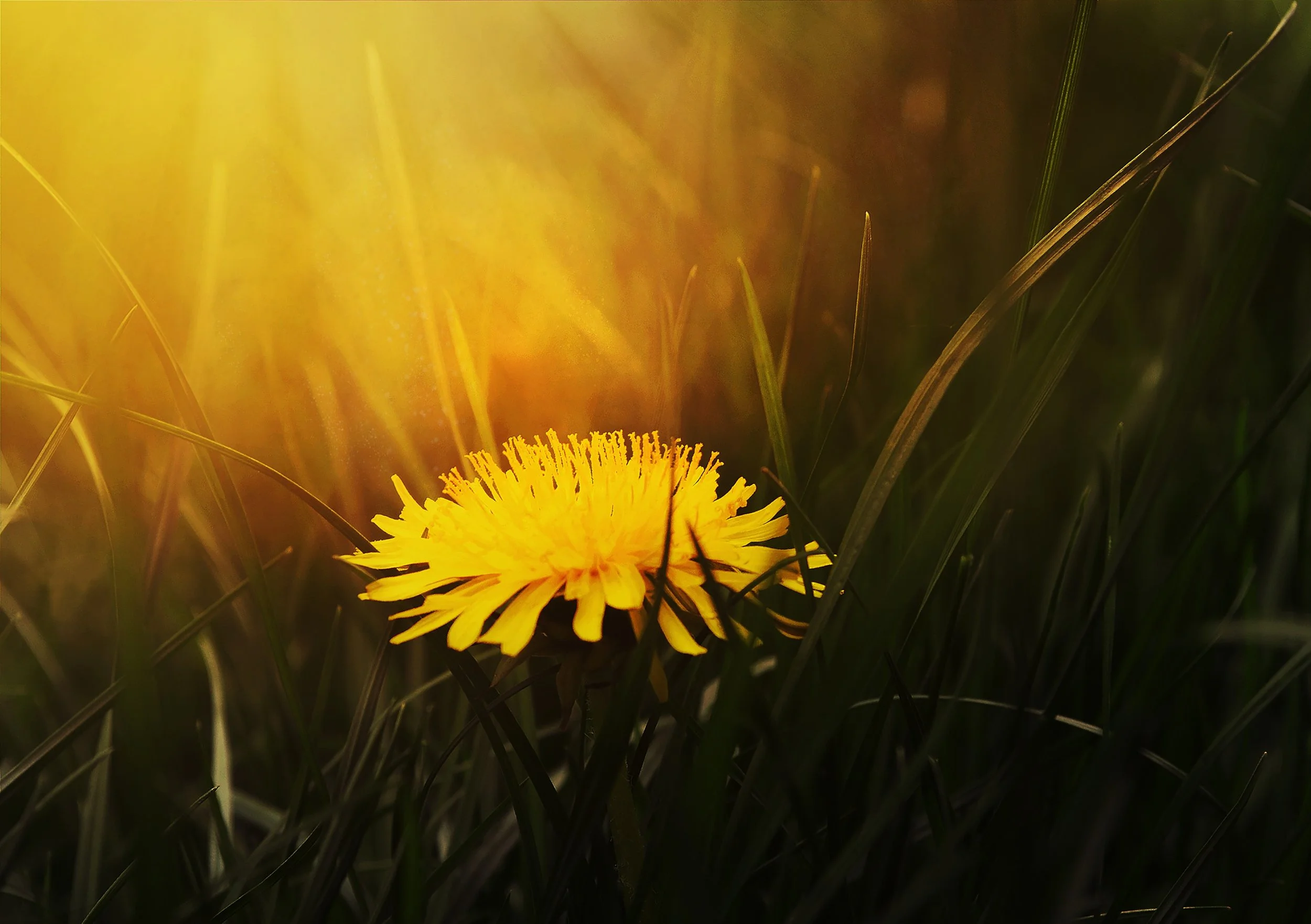Dandelions are Misunderstood
Tracy Teuscher
Ah, the much misunderstood dandelion. In addition to providing spring food sources for bees and other pollinators, they are good for the land, and good for us.
Health: Dandelion greens can be eaten cooked or raw and are an excellent source of vitamins A, C, and K. They also contain vitamin E, folate, and small amounts of B vitamins, and dandelion greens provide iron, calcium, magnesium, and potassium. They are full of potent antioxidants, contain anti-inflammatory polyphenols, and the roots are often used in traditional medicine to improve digestive health. Wow!
Chemicals: Herbicides that kill dandelions also kill other living things, seep into our water tables, and poison our air. According to the Xerces Society, neonicotinoids (neonics) are absorbed by plants and can be present in pollen and nectar, making them toxic to bees.
Land: Dandelions loosen hard-packed soil, aerate the earth and help reduce erosion. The deep taproot pulls nutrients like calcium from the soil and makes them available to other plants around them.
So, thin your dandelions by hand, mow less often and at 4 inches to manage spread, and give them a try in recipes and teas.
Sources: AP News, Xerces Society, Healthline, Maine Organic Gardeners.
